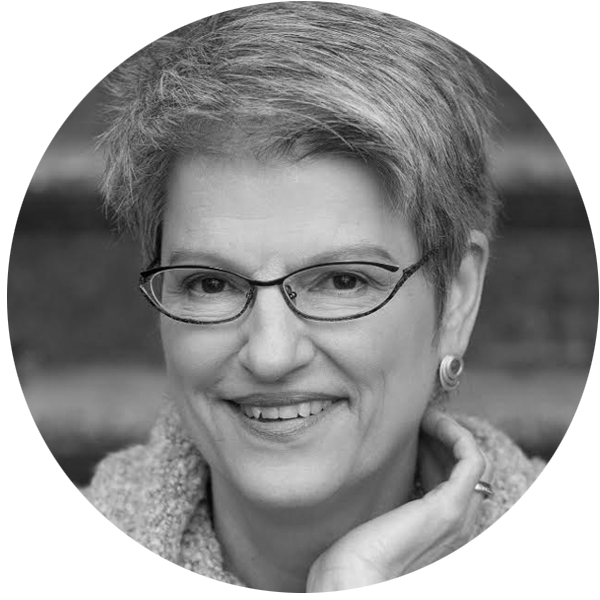
by Daniela Gitlin, MD
“Anything worth doing is worth doing badly.”
– GK Chesterton
My mother, a perfectionist, believes perfection is excellence. And—this is important—if you’re not suffering, you’re slacking. For my growing up and training years, I bought that. But aging and real life—taking care of patients, writing, cooking, parenting—have taught me to pursue excellence instead.
Perfection, by definition, is perfect. It’s a goal that’s been met; nowhere else to go; no more work to be done. While achieving perfection transiently is possible, expecting to do so continuously sets you up to fail.
How you deal with adversity and disappointment reveals the difference between perfect and excellent. When perfectionists fail to meet unreasonable expectations, they sink into depression, despair, and self-loathing. We’ve all watched Olympic silver medalists break down when they didn’t win a gold.
A commitment to excellence accepts that we humans are flawed, which keeps things in perspective. The athletes who know, on a gut level, that competing in the Olympics is the ultimate affirmation of their mastery are thrilled to simply be there. Winning a medal becomes a souvenir of the magic of the moment. Nice, but not necessary.
Excellence is about the journey, not the destination. Curiosity leads the way: one question leads to an answer, which raises another question, and so on. Orson Welles said, “If you want a happy ending, that depends, of course, on where you stop your story.” Like a story, the pursuit of excellence has no end point until you declare one.
Over time, doing something you care about to the best of your ability can yield excellence as a default. Practice does not make perfect. Practice makes better. I didn’t intend to become a good cook; that happened while I was enjoying myself. As Aristotle said, “We are what we repeatedly do. Excellence, then, is not an act, but a habit.” Also, suffering isn’t required.
When a difficult activity is gratifying, you don’t need outside recognition or policing to stay with it. I worked for three years writing my book because I wanted to. Now that it’s out of my hands, naturally I want it to fly off the shelves. But even if it bombs (pu pu pu), I’m proud that I wrote it, and always will be.
If only external acclaim—a gold, hitting the bestseller list—will do, you’ve given control of your self-esteem to someone or something outside of yourself. That shuts down your creativity, too. Are you worrying: Is it good? Does it suck? Are you revising yourself off the page? Been there? Me, too.
When the Inner Critic gets too loud, I remind myself of the morning my son was eight and we were late leaving for school. I noticed he was wearing one blue sock and one black sock. I got agitated—because his socks didn’t match!
“Mom,” he said kindly. “It’s okay.” I had a light bulb moment: If he didn’t care, why should I? My mother’s voice filled my head: “What will his teacher think!” I had a second light bulb moment: being a perfectionist is all about fear. I was afraid his teacher would think I was a bad mother. Silly.
Pushing back against that nonsense is a spiritual practice. My mantra? I’m only human. I make misteaks.
Daniela Gitlin is an NSNC member and rural psychiatrist in private practice in upstate New York. Her clinical memoir Practice, Practice, Practice: This Psychiatrist’s Life was selected a Finalist by the 2021 International Book Awards. She blogs at www.danielagitlin.com.

